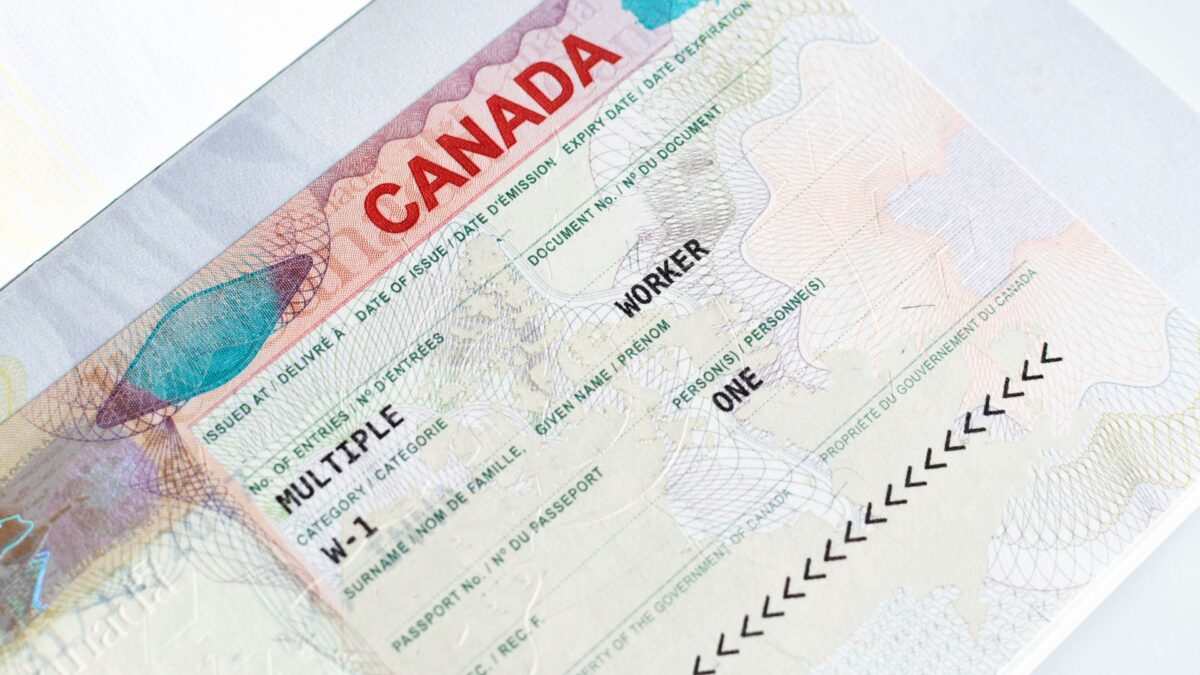You need a work permit to be able to come to Canada and work as a foreign national. There are multiple options and they fall under two programs- the Temporary Foreign Worker Program and the International Mobility Program. Navigating the options may seem overwhelming. According to top immigration consultants, the process, however, might be easier if you know what to expect. So, let’s clear the air about Canadian work permits so you can make a wise decision for yourself.
What are the different types of Canadian work permits?
Canadian work permits fall under two programs:
- TMWP or Temporary Foreign Worker Program- You need an LMIA for the work permit.
- International Mobility Program- You don’t need an LMIA for the work permit.
The LMIA is a crucial factor here since it assures the federal Department of Employment and Social Development Canada that the employment of foreign workers won’t affect the existing workers or their wages. So, specific employers need to conduct the LMIA to prove to the Canadian Government that the worker poses no threat to the existing workforce of Canada.
Are there exceptions to the LMIA?
Yes, there are some exceptions to the LMIA such as the ones resulting from free trade agreements. These let foreign workers apply for the permit without having to obtain an LMIA permit from the employer.
Besides these, other options such as post-graduate work permits, open spousal work permits, etc. do not require an LMIA. You can talk to immigration consultants to know if the job you are applying for requires an LMIA or not.
How to work in Canada as a foreign national?
Here are the common ways to work in Canada as a skilled international worker:
LMIA-Exempt streams
You can work in Canada through immigration streams that do not require an LMIA from the employer. The options fall under the TFWP which intends to provide Canada with suitable jobs when it is in need of it.
CUSMA work permit
CUSMA stands for the Canada-United States-Mexico Agreement. It lets eligible Mexican and US nationals get work permits in Canada. You are usually not required to obtain an LMIA in this case. But, there are some exceptions with which certified immigration consultants can guide you.
Intra-company transfers
This one lets businesses bring key personnel to Canada provided they meet specific criteria. The foreign business should have an affiliate, parent company, subsidiary or branch in Canada.
Business visitors
Do you want to come to Canada for international business activities but not be a part of the Canadian labour market? That makes you a business visitor and you don’t need a Canadian work permit.
Post-graduation work permits
You can work with any employer and in any part of Canada with this one. International students can apply for it after graduating from a legit post-secondary program in Canada.
Final Thoughts,
Canada has brought forth plenty of options for foreign nationals willing to work in Canada. All you have to do is identify your goals and choose the permit that suits you perfectly. You can always seek help from consultants out there if you are confused.


